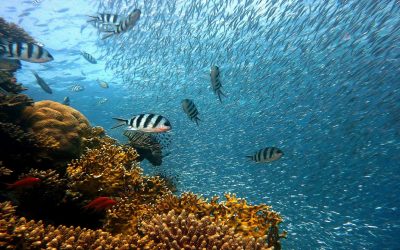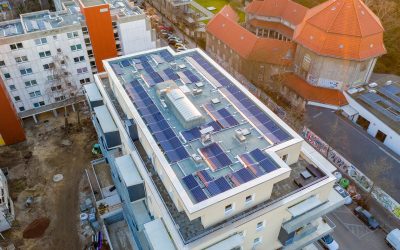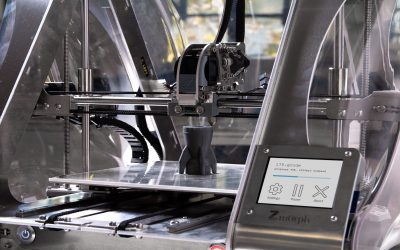Interreg
R&D PROGRAMMES
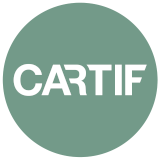
R&D PROGRAMMES
Interreg
Description
It is an instrument for financing European regional development. Its objective is to intensify cross-border institutional cooperation between regions located in the internal and external borders of the European Union, and regions within transnational areas. It is organized in three aspects: cross-border cooperation (Interreg A), transnational cooperation (Interreg B) and interregional cooperation (Interreg C).
CARTIF participation
CARTIF regularly participates in this program since INTERREG III in 2003, especially in its POCTEP (Spain-Portugal) and SUDOE (Southeast European) versions. It has participated in 19 projects, coordinating 5 of them.
Program summary sheet
Summary file in PDF format
DownloadThematic blocks:
Interreg POCTEP
Short description:
POCTEP programme aims to strengthen economic and social integration of Spain-Portugal cross-border area and is organized around 5 axes: Axis 1: innovation and competitiveness, Axis 2: climate change and risk prevention and management, Axis 3: protection, valorisation and sustainable use of local resources, Axis 4: mobility of goods and people, Axis 5: promotion of skills and inclusion in the territories
Link to the knowledge area with which it is related:
FOOD, BIOTECHNOLOGY, NATURAL RESOURCES, CIRCULAR ECONOMY, INDUSTRY 4.0, INFRASTRUCTURE, HERITAGE, HEALTH, MANUFACTURE,ENERGY EFFICIENCY, RENEWABLE ENERGIES, SMART CITIES, ENERGY POLICY, SMART GRIDS
Interreg SUDOE
Short description:
Interreg SUDOE promotes transnational cooperation to address problems common to the regions of the SUDOE territory, and is organized around the following axes: Axis 1: research and innovation, Axis 2: competitiveness of SMEs, Axis 3: low carbon economy, Axis 4: fight against climate change, Axis 5: environment and resource efficiency
Link to the knowledge area with which it is related:
FOOD, BIOTECHNOLOGY, NATURAL RESOURCES, CIRCULAR ECONOMY, INDUSTRY 4.0, INFRASTRUCTURE, HERITAGE, HEALTH, MANUFACTURE,ENERGY EFFICIENCY, RENEWABLE ENERGIES, SMART CITIES, ENERGY POLICY, SMART GRIDS
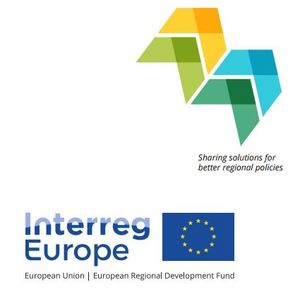
Responsible
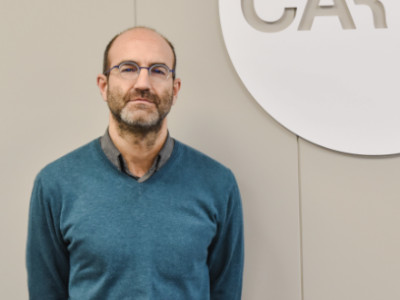
Pedro Mª Caballero
R&D Programmes Department
Some figures:
Coordinated projects
Projects executed
Related projects
FIREPOCTEP
Adaptation to the climate change through the prevention and management of the landscape exposed to huge forestry fires in cross-border rural areas between Spain and Portugal.
INBEC
INBEC Project try to promote and develop a sustainable economy through innovation and business cooperation. To this end, it is proposed to use a methodology that maximizes the potential of the Bioeconomy.
SUDOKET
The Sudoket project focuses its activity on the mapping, consolidation and dissemination of Key Enabling Technologies (KETs) for the construction sector in the SUDOE space.
DISRUPTIVE
DISRUPTIVE is a cross-border cooperation project which strives to promote and strengthen the collaboration, exchange and scientific production of the Digital Innovation Hubs (DIHs) located in Castilla y León and in the North of Portugal.
AQUAMUNDAM
AQUAMUNDAM pursues an improvement in the sustainable management of the integral water cycle, for this the development and demonstration of both methodologies and a modular information system that facilitates inter-administrative communication and of different agents with competence in the integral management of water is contemplated
POCTEP ESMIMET
POCTEP ESMIMET generates a network of scientific-technical knowledge and R & D & I around the development of metal mining capabilities that allow the development of regional and joint activities, projects and initiatives of high added value in different areas of I + D + i.
SHCITY
SHCITY addresses the innovative challenge of creating a unique tool to manage historic urban centers and facilitate the work of the competent authorities in decision making. SHCITY will integrate data collected by sensor networks with artificial vision and 3D scanning technologies deployed in the urban area (Ávila), in order to respond to conservation, security, energy efficiency and tourism needs.
RENERPATH-2
The goal of the project called “Energy Refurbishment Methodology for Heritage Buildings” (RENERPATH-2) is to establish a specific European pre-normative, focused on the energy refurbishment of heritage buildings, whether public or private use, in parallel with the newly constructed buildings law.
3DCONS
The 3DCONS Project (New Construction Processes by means of 3D Printing) focuses on 3D printing technologies in the construction industry and covers several areas: robotics, the search for new materials, process automation, the technological drive of building and the development of design tools based on Building Information Modelling (BIM).
SHBUILDINGS
SHBUIDINGS develops a degradation prevention system that at the same time serves for the complete management of historic buildings, using advances in sensoring, Internet of things (IoT) and cloud computing, providing objective criteria for decision-making on actions to be carried out in the building where that system is deployed.




